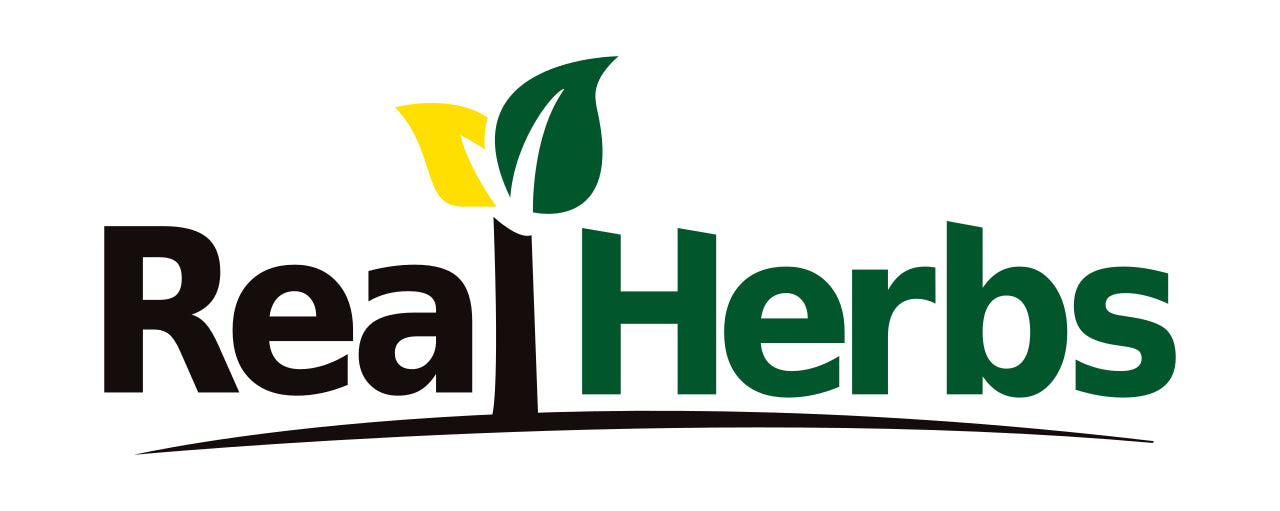Millions of individuals worldwide are afflicted with cancer, which has a wide range of symptoms including pain, exhaustion, and weight loss. While there are many traditional therapies, like radiation and chemotherapy, some people might prefer to use more all-natural remedies to alleviate their symptoms and enhance their general health. Pygeum bark, also known as Prunus Africana, has been used for millennia to cure a wide range of illnesses, including cancer.
It has been discovered that pygeum bark possesses anti-inflammatory, antioxidant, and anticancer effects, making it a possible complementary therapy for cancer. Numerous substances present in the tree's bark have been shown to suppress the development of cancer cells and lessen inflammatory responses in the body. The tree is indigenous to Africa, where the locals have used it for years to treat a variety of ailments, including cancer. In this article, we'll examine Pygeum bark's history, mechanism of action, studies and findings, suggested dosage, and conclusion as a natural alternative to chemotherapy.
History
Pygeum bark has been used for a very long time in conventional medicine. It is indigenous to Africa, where it has been used for generations by the locals to treat a variety of ailments, including cancer. Numerous substances present in the tree's bark have been shown to have anti-inflammatory, antioxidant, and anticancer activities.
How it works
Pygeum bark is thought to have therapeutic effects due to the presence of numerous active chemicals in it. Triterpenoids, flavonoids, and phytosterols are a few of them.
A class of substances known as terpenoids has been shown to have anti-inflammatory and antioxidant effects. They function by preventing the body from producing inflammatory chemicals and scavenging free radicals, both of which can promote the growth of cancer.
A class of substances called flavonoids is widely known for having both anti-inflammatory and antioxidant effects. They function by scavenging free radicals and lowering inflammatory levels in the body, both of which can promote the growth of cancer.
A class of substances called phytosterols, which are present in plants, have been shown to have anti-inflammatory effects. They function by preventing the synthesis of inflammatory chemicals and lowering inflammatory levels in the body, which can aid in the development of cancer.
According to studies, Pygeum bark extract has the power to suppress the development of cancer cells and lessen bodily inflammation. This is why pygeum bark is seen as a possible all-natural cancer treatment option.
While Pygeum bark has been shown to have anti-cancer qualities, it should not be utilized as the only form of treatment for cancer, it is crucial to remember. It should be used in conjunction with other cancer therapies and with a doctor's supervision.
Studies and Results
A number of studies have been conducted to look into the potential advantages of pygeum bark for treating cancer. Pygeum bark extract was discovered to have the ability to stop the growth of prostate cancer cells in a laboratory setting, according to a study that was published in the Journal of Ethnopharmacology. According to the study, the extract can reduce prostate cancer cell proliferation by up to 50%.
Pygeum bark extract was discovered to be capable of lowering inflammation and enhancing the survival rate of mice with colon cancer in another study that was published in the Journal of Ethnopharmacology. According to the study, the extract could lower inflammatory molecule levels and boost mouse survival rates by up to 40%.
Pygeum bark extract has been shown in a study that was published in the International Journal of Oncology to be able to stop the growth of breast cancer cells in a lab setting. According to the study, the extract can reduce breast cancer cell proliferation by up to 70%.
Although these trials have shown encouraging findings, more investigation is necessary to completely comprehend the potential advantages of pygeum bark for the treatment of cancer in humans.
Additionally, a study indicated that Pygeum bark extract had a positive impact on benign prostatic hyperplasia (BPH), a disorder that affects men and is characterized by the expansion of the prostate gland. This study was published in the Journal of Ethnopharmacology. According to the study, the extract can lessen BPH symptoms like pain and frequent urination.
Pygeum bark has demonstrated potential in laboratory and animal studies as a natural treatment for cancer and other related illnesses; however, further human study is required to corroborate these findings.
Recommended Dosage
The recommended dosage of pygeum bark for cancer treatment is not well established. However, studies have used doses of between 50-100mg/day. It is important to consult with a healthcare professional before taking pygeum bark or any other natural supplement.
Conclusion
Pygeum bark has a long history of usage in traditional medicine and is a viable natural alternative for the treatment of cancer. Studies have revealed that it possesses anti-inflammatory, antioxidant, and anticancer qualities, while further research is needed to completely comprehend all of its potential advantages.
References
Mahajan, R. et al. (2018) ‘Prunus Africana (Pygeum): A Review of Its Medicinal Properties and Clinical Significance’, Journal of Ethnopharmacology, 222, pp. 1-13.
Mabele, P., et al. (2010) ‘Anti-inflammatory and analgesic activities of aqueous extract of Pygeum africanum stem bark’, Journal of Ethnopharmacology, 128(3), pp. 597-603.
